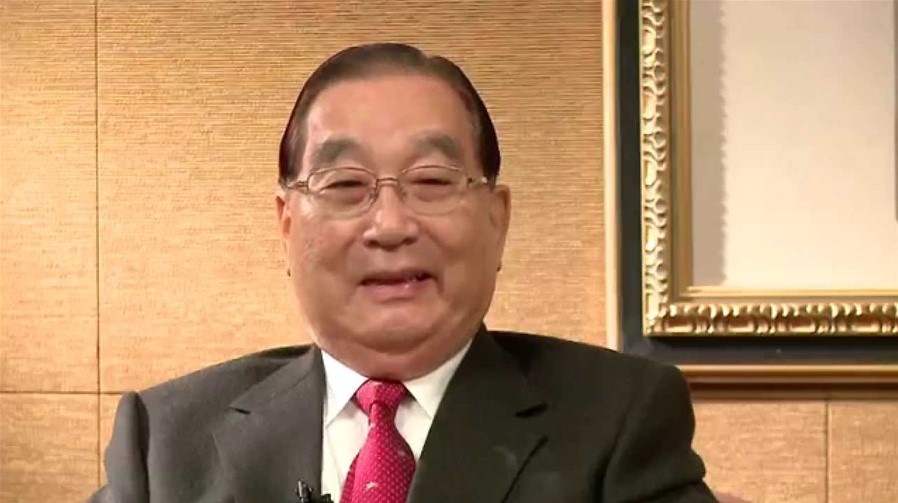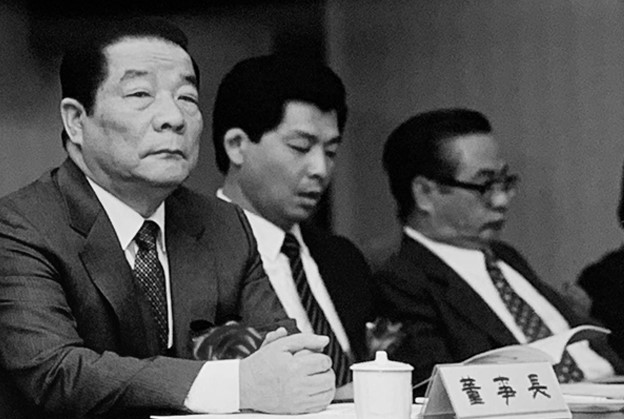The late Taiwanese business magnate and founder of Fubon Group, Tsai Wan-tsai, accumulated a substantial fortune in banking, insurance, and finance. Forbes assessed his net worth to be more than $5 billion at the time of his death in 2014. Under his sons’ direction, his business empire is still thriving, especially at Fubon Financial Holdings, one of the biggest financial institutions in Taiwan. Tsai served in Taiwan’s Legislative Yuan and was politically involved as well. In addition to his fortune, his legacy lives on through his charitable endeavours and economic clout in Taiwan’s financial industry.
Table of Contents
The Tsai Wan-tsai Family: Powerhouse Behind Fubon Empire
One of the wealthiest and most powerful families in Taiwan is the Tsai Wan-tsai family, who founded and run the Fubon Group. Daniel Tsai and Richard Tsai, Tsai Wan-tsai’s sons, assumed control of the company after he died in 2014. They have effectively made Fubon Financial Holdings a significant force in Asia’s banking, insurance, and investment markets. Strategic vision and continuity characterise the family’s leadership, upholding their father’s heritage while fostering innovation. The Tsai family is still seen as a representation of stability and financial strength in Taiwan’s business community today.
Early Life and Background
Tsai Wan-tsai was born in 1929 into a humble Hakka family in Miaoli County, a rural area of northern Taiwan. Tsai, who grew up during the Japanese colonial era, saw directly the social struggles and changes Taiwan saw in the early 1900s. He gained a profound grasp of perseverance, flexibility, and the need of hard effort as a result of these experiences; these qualities would eventually come to characterise his entrepreneurial philosophy.
Tsai started his career in banking after graduating from college, where he obtained real-world experience and sharpened his understanding of Taiwan’s changing financial landscape. Tsai saw a chance in the fledgling financial services sector at a period when Taiwan was starting to move from an agricultural to an industrialised economy.
Founding of Fubon Group
Tsai established the future Fubon Group in 1961, beginning with Fubon Insurance, the first private insurance provider in Taiwan. At the time, state-run businesses continued to hold a significant majority of the banking sector in Taiwan. Tsai’s daring and unorthodox move to join the market as a private insurer demonstrated his spirit of innovation.
Although the initial years were difficult, Tsai’s strategic leadership and creative business plans enabled Fubon to stand out. His emphasis on ethics, risk management, and customer-centric services helped him gain the trust of customers and draw in a rising clientele. Over the years, Fubon became a financial powerhouse by branching out beyond insurance into banking, securities, asset management, and telecommunications.
One of the group’s main subsidiaries, Fubon Financial Holding Co., Ltd., is currently among Taiwan’s biggest financial holding corporations and has a sizable presence in China and other Asian countries.
Leadership Style and Philosophy
Tsai Wan-tsai was renowned for his practical but imaginative methods. He supported sustainable growth and prioritised long-term planning above immediate profits. His managerial style blended contemporary corporate governance ideas with Confucian ideals including harmony, discipline, and loyalty.
Tsai made significant investments in staff training and corporate social responsibility since he was a strong proponent of education and human capital. Under his direction, Fubon provided assistance for a wide range of humanitarian, educational, and cultural projects throughout Taiwan. Additionally, he supported innovation by urging the business to embrace new technology in order to enhance operational effectiveness and service delivery.
political career
In addition to being a titan of industry, Tsai was also a significant figure in Taiwan politics. He represented the Taipei area in the Legislative Yuan, Taiwan’s parliament, from 1972 to 1981. During the time of his term, which was marked by substantial political and economic change, Tsai made use of his position to promote laws that encouraged financial development, private entrepreneurship, and economic liberalisation.
Despite not pursuing a long-term political career, his brief tenure in power had a significant impact, especially in enhancing communication between the public and private sectors.
Legacy and Family Succession
At the age of 85, Tsai Wan-tsai died in October 2014. By that time, he had established one of Taiwan’s most prosperous commercial empires and set the stage for its future growth. Since then, Fubon Group has been led by his sons, especially Richard and Daniel Tsai, who have maintained their father’s vision while guiding the business towards global development and digital transformation.
With investments in China, Vietnam, Hong Kong, and Southeast Asia, Fubon has grown more international under the second generation’s leadership. Along with adopting ESG (Environmental, Social, and Governance) principles, the organisation has joined worldwide trends in ethical business practices.
Impact on Taiwan’s Economy
Taiwan’s economy is significantly impacted by Tsai Wan-tsai. He helped modernise and diversify Taiwan’s economic structure by cultivating a robust private banking industry. Through his efforts, Taiwan was able to move towards a more market-driven, competitive economy that was capable of withstanding global obstacles and assimilating into the global financial system.
Furthermore, Tsai’s dedication to CSR has established a standard for moral business practices in Taiwan. Taiwanese society continues to gain from Fubon’s charitable endeavours in fields including public health, education, and disaster assistance.
Tsai Wan-tsai: A Titan of Taiwan’s Financial World

Tsai Wan-tsai was a visionary who transformed Taiwan’s financial sector in addition to being a prosperous businessman. He established a strong legacy as the creator of Fubon Group, one that is based on creativity, tenacity, and smart expansion. His efforts to politics and philanthropy cemented his position as a national icon, and his influence went beyond business. His family continued his work after his passing in 2014, making sure that his principles and goals would continue to have an impact on Taiwan’s economy. Tsai’s life continues to serve as an example of legacy, leadership, and the lasting strength of an entrepreneurial spirit.



